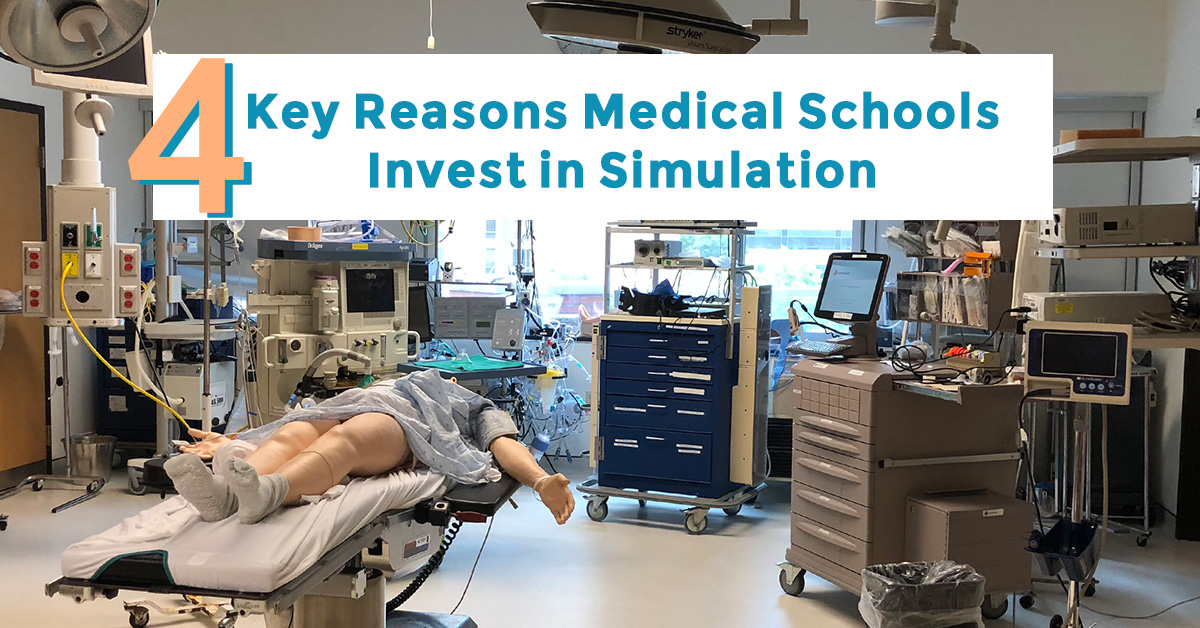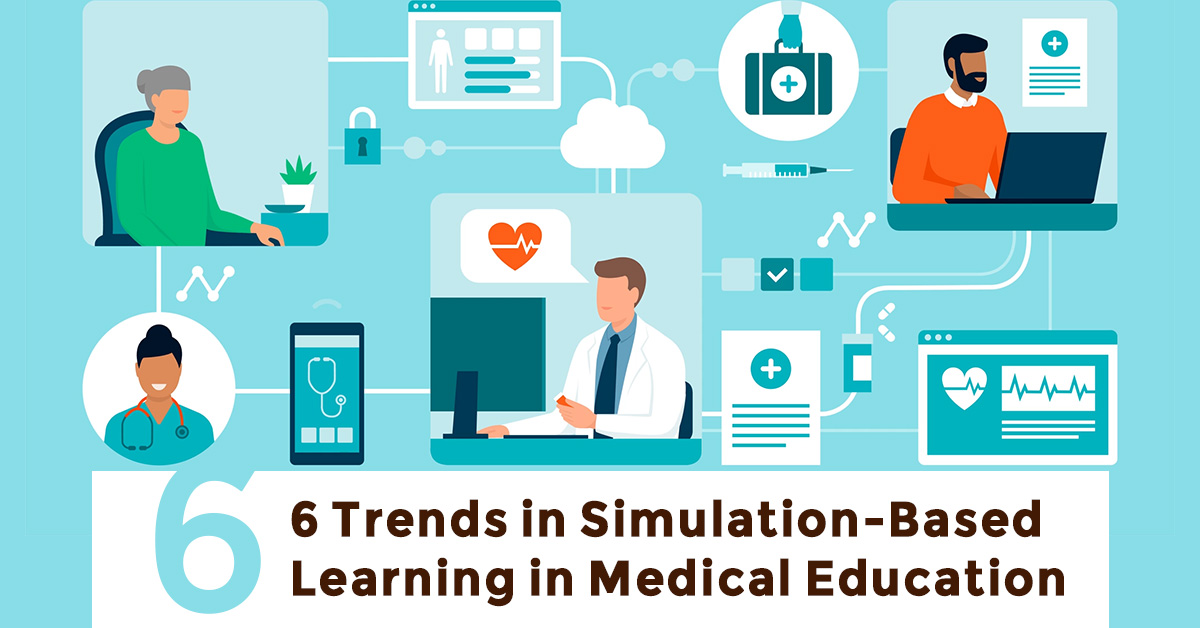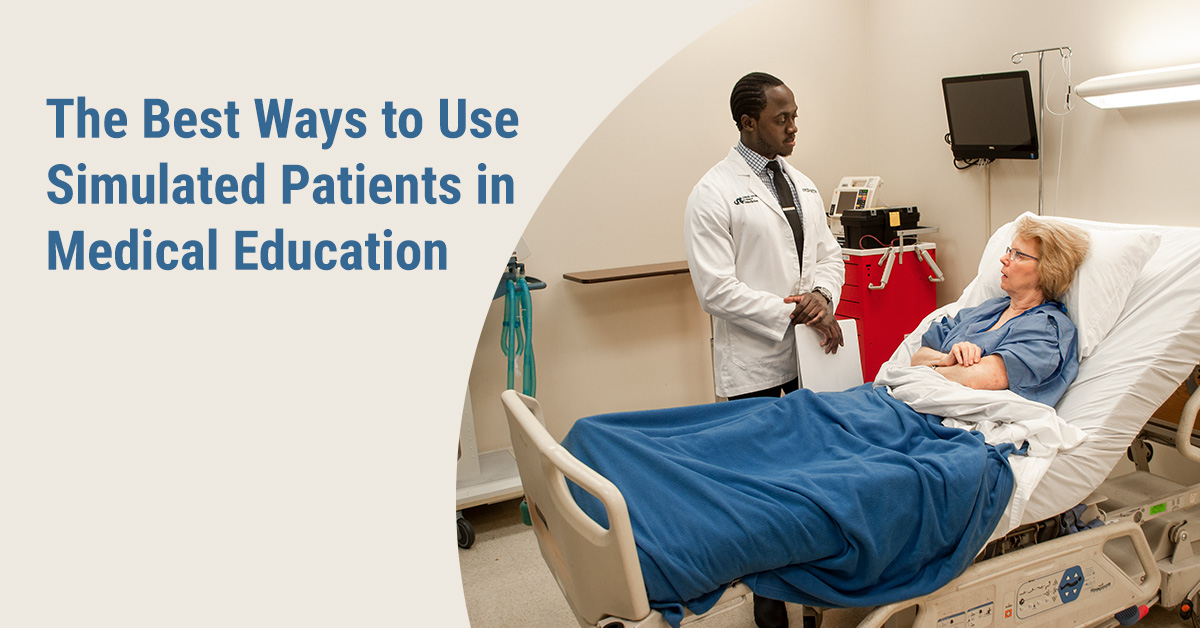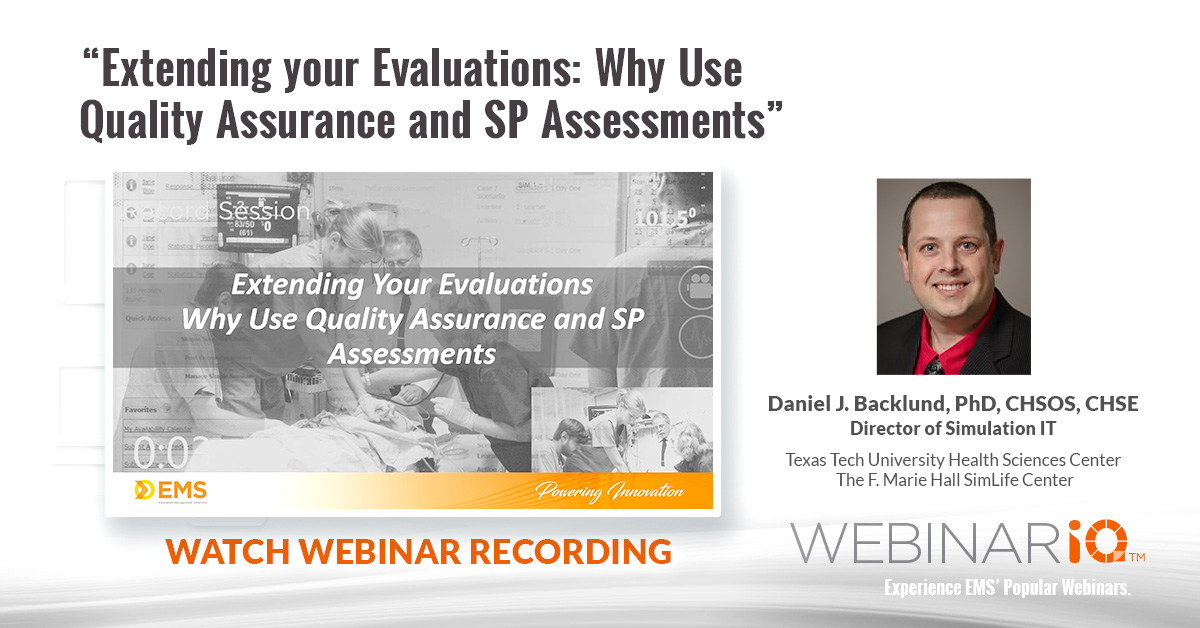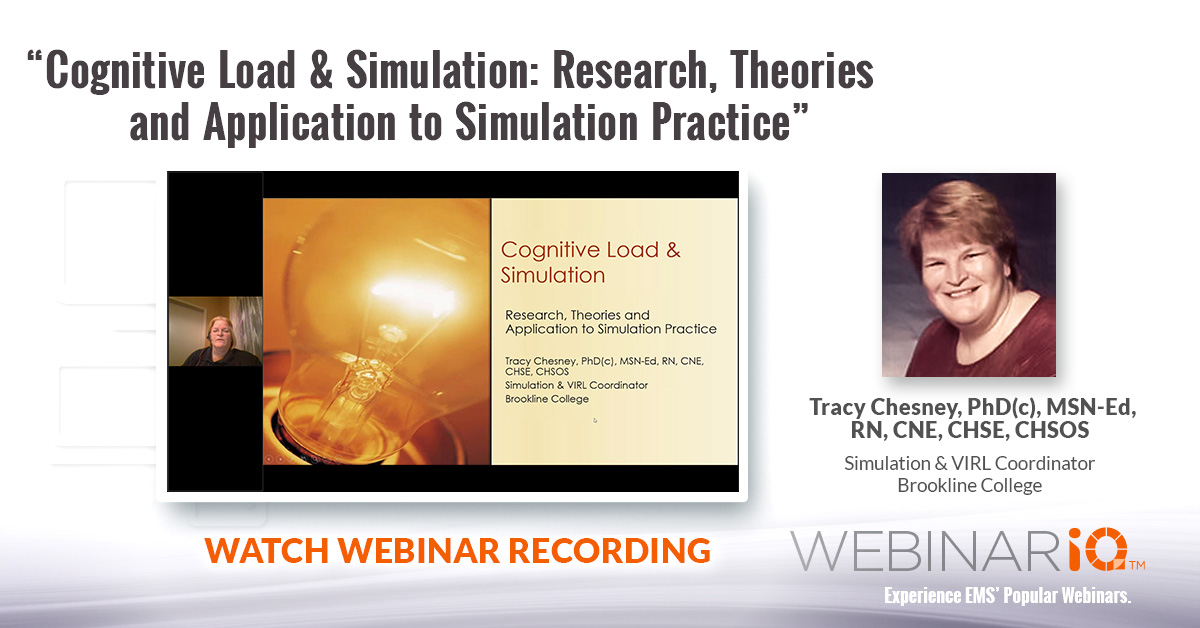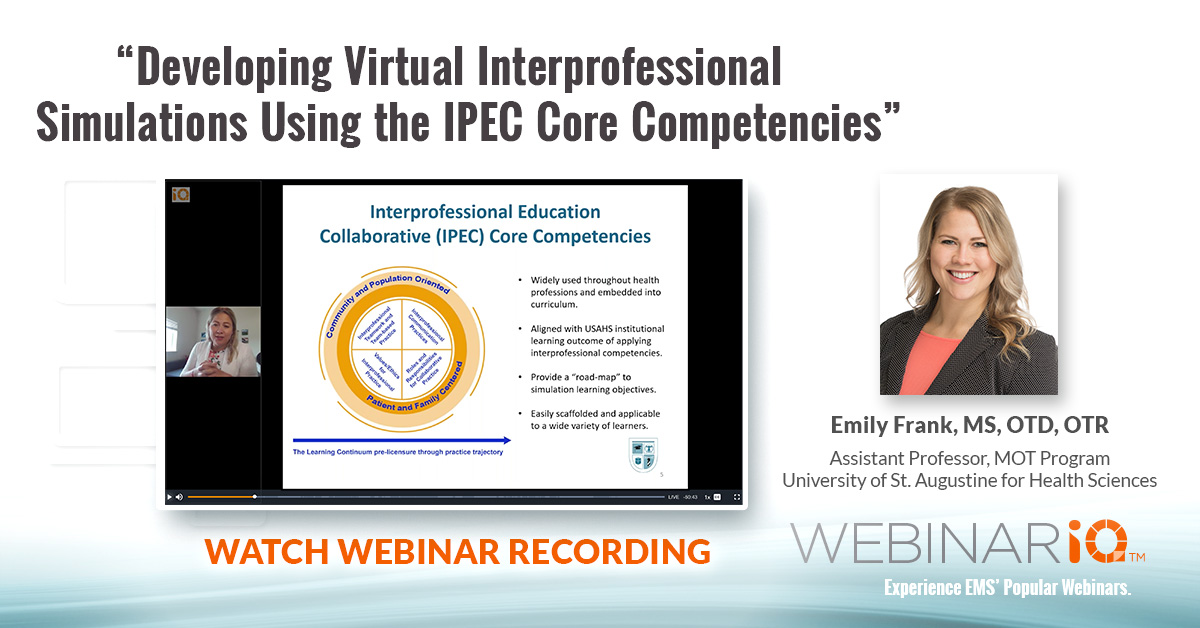Category: Education
Student Progression Tracking and Competency-Based Assessment: How Programs are Monitoring Skills Development in Healthcare Education
Education Management Solutions
July 5, 2023
The healthcare industry is constantly evolving, and education programs must keep up with these rapid changes to ensure that graduates are well-prepared for their careers and can provide the best possible patient care. One way to address the potential skills ...
Read More →
4 Key Reasons Medical Schools Invest in Simulation
Education Management Solutions
June 8, 2023
Medical educators know their students need to absorb a mountain of knowledge in order for them to become successful practitioners in the real world. Not only do learners need to acquire the requisite knowledge and skills, they also need to ...
Read More →
6 Trends in Simulation-Based Learning in Medical Education
Education Management Solutions
October 26, 2022
Healthcare education is a rapidly changing environment, especially in the simulation field. Even though simulation-based learning in medical education has evolved over the years, it has firmly established itself as a critical pillar in training future practitioners and promoting better ...
Read More →
7 Things Successful Nursing Simulation Labs Have in Common
Education Management Solutions
September 19, 2022
Recruiting and preparing the next generation of nurses is a crucial component of improving worldwide healthcare delivery systems and aggregate patient outcomes. To make institutions more attractive to high-caliber nursing school applicants and better prepare current students for the profession, ...
Read More →
The Best Ways to Use Simulated Patients in Medical Education
Education Management Solutions
August 1, 2022
Modern healthcare educators depend on a variety of methodologies to train the next generation of clinical practitioners, including online, didactic, and hands-on, simulation-based training using manikins and simulated patients in medical education (also referred to as standardized patients or SPs). ...
Read More →
Featured Webinar: “Extending your Evaluations: Why Use Quality Assurance and SP Assessments”
Education Management Solutions
March 28, 2022
The quality and consistency of evaluators has an important role in simulation-based training. Although there are many ways to evaluate your evaluators, two of the most effective methods are through inter-rater reliability and SP Performance Assessments. Want to learn more? Click ...
Read More →
“Strategies to Promote Health Equity and Address Implicit Biases in Healthcare Education” Webinar Recap
Education Management Solutions
February 3, 2022
We hope you were able to join us for our February webinar, “Strategies to Promote Health Equity and Address Implicit Biases in Healthcare Education,” presented by Kellie Bryant DNP, WHNP, CHSE, FAAN, Assistant Dean of Clinical Affairs and Simulation at ...
Read More →
“Preventing and Limiting Secondary Stress in Medical and Nursing Practice” Webinar Recap
Education Management Solutions
October 23, 2021
We hope you were able to join us for our October webinar, “Preventing and Limiting Secondary Stress in Medical and Nursing Practice,” presented by Gloria F. Donnelly, Ph.D., RN, FAAN, FCPP, Editor, Holistic Nursing Practice, Dean and Professor Emerita and ...
Read More →
“Cognitive Load & Simulation: Research, Theories and Application to Simulation Practice” Webinar Recap
Education Management Solutions
September 23, 2021
Thanks to everyone who joined us for our September webinar, “Cognitive Load & Simulation: Research, Theories and Application to Simulation Practice,” presented by Tracy Chesney, PhD(c), MSN-Ed, RN, CNE, CHSE, CHSOS, Simulation & VIRL Coordinator, Brookline College. Weren’t able to ...
Read More →
“Developing Virtual Interprofessional Simulations Using the IPEC Core Competencies” Webinar Recap
Education Management Solutions
August 24, 2021
We received great feedback for our August 12 webinar, “Developing Virtual Interprofessional Simulations Using the IPEC Core Competencies,” presented by Emily Frank, MS, OTD, OTR, Assistant Professor, MOT Program, University of St. Augustine for Health Sciences. If you couldn’t join ...
Read More →

